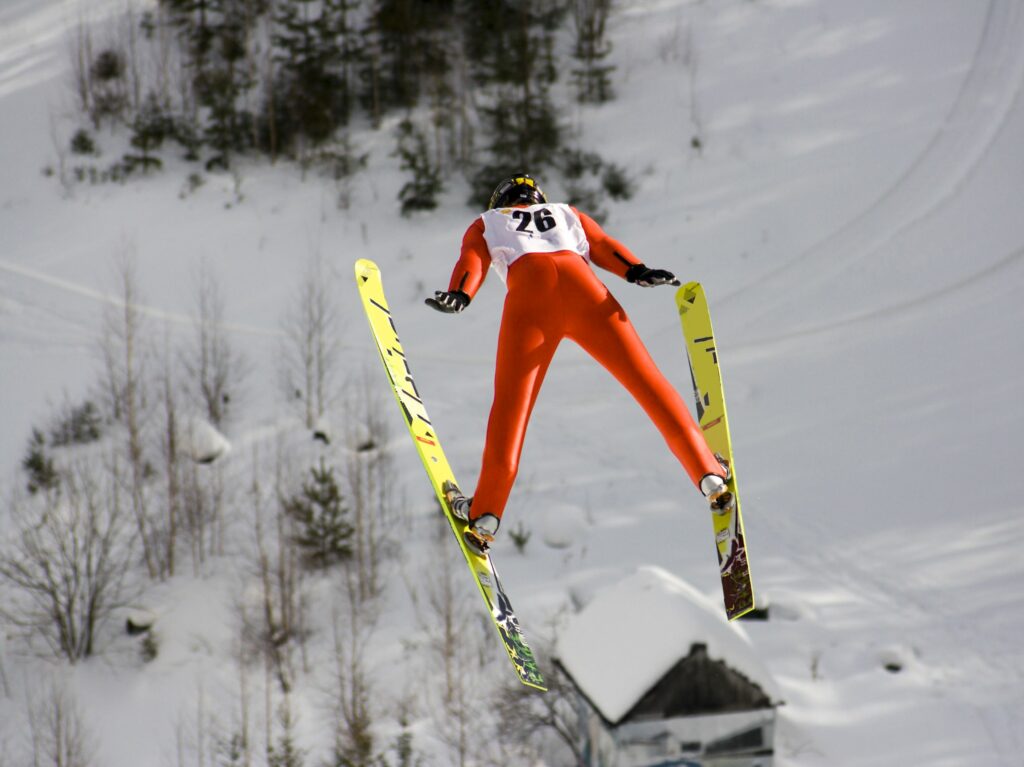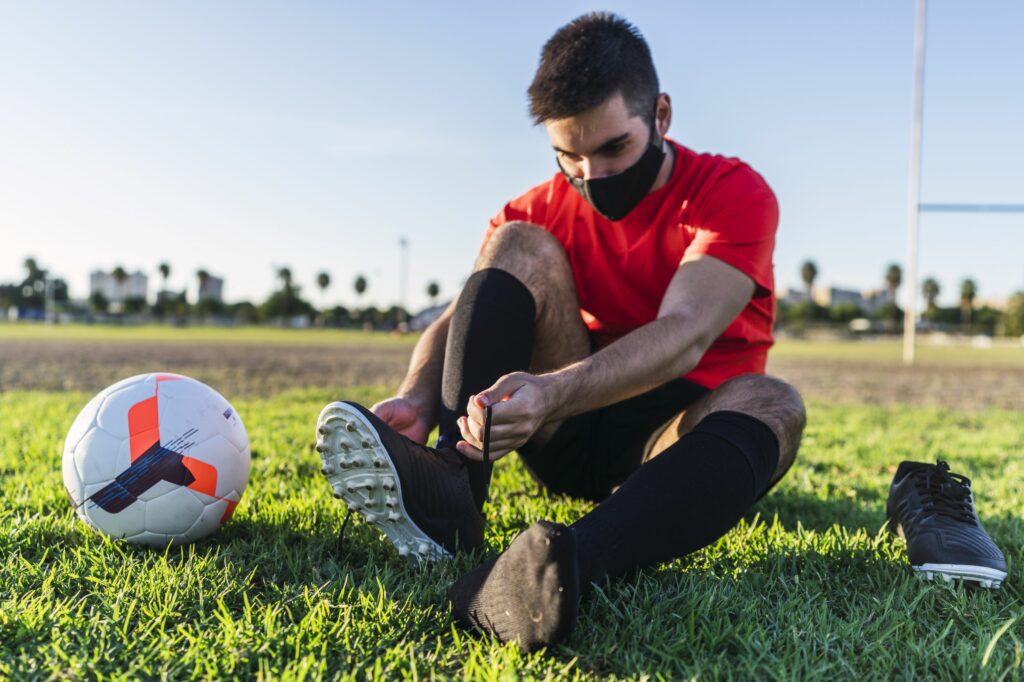Body temperature and performance
Did you know that during training and competition, the “ideal” internal body temperature shifts from ~37°C to ~38.5°C? Research shows slightly increasing body temperature through a passive warm-up can increase muscle power by up to 5%, thus improving performance.
Pandemic curling
“This is just one huge exercise in risk management… the health risks, financial risk, reputation risk, and compliance risk. It’s sort of risk management on steroids.” In the SIRCuit, Curling Canada CEO Katherine Henderson shares learnings and insight on hosting key national and international events during the COVID-19 pandemic.
Heroic acts
Less than three months after helping the Kansas City Chiefs to a Super Bowl victory, Laurent Duvernay-Tardiff returned to Canada to assist with a coronavirus outbreak at a long-term care facility in Montreal, Quebec. Laurent shows us how sport can provide athletes with valuable skills that can be taken beyond the field, pitch, and court,…
Impact of COVID-19 on athlete retirement
In a survey of national team athletes led by Game Plan in 2020, 34% of respondents said the postponement of the Tokyo Games changed their retirement plan from sport. Some said they would have to retire earlier than planned, while others chose to push their retirement for another year.
Temperature regulation for wheelchair basketball athletes
Research with elite women’s wheelchair basketball athletes has shown playing time can negatively impact body temperature regulation, increasing the risk of heat exhaustion, heat cramps, and heat stroke. Coaches are encouraged to monitor the cooling strategies of athletes with high playing time and encourage all athletes to hydrate during time outs, substitutions, intermissions, and half…
Teamwork
Anyone who spends time in the world of sports knows the value of teamwork—but we don’t often think about how different sports might work together towards a common goal. The Nordic Strategy is a joint initiative designed to explore how working together can help all four Canadian Nordic sports—Biathlon, Nordic Skiing, Nordic Combined, and Ski…
World Juniors
“Until we had gold medals awarded on January 5th, I think we always felt there was a little bit of risk that we weren’t going make it through.” Read how Hockey Canada collaborated with federal, provincial, and local health authorities and implemented compliance officers to successfully host the International Ice Hockey Federation (IIHF) World Junior…
Impact of COVID-19 on athlete education
Athletes often plan to re-engage in educational pursuits the year after the Games, which is often less busy. With the postponement of the 2020 Tokyo Games, an analysis of comments from 74 national team athletes in a Game Plan survey revealed 39% had to refuse or defer admissions to focus on training.
Strengthening Collaboration in Canadian Sport: Exploring a Nordic Strategy

Anyone who spends time in the world of sports—competing, coaching, supporting, or spectating—has heard their fair share of inspirational quotes. From “alone we go faster, together we go further” to “teamwork makes the dream work,” the strength of the team is a central feature of stories about success in sport. But what if we told…
Unprecedented times call for unprecedented sport events: Competition During COVID-19

Highlights Teddy Katz, a former award-winning sports journalist and the founder of communications company, Think Redefined Inc., sat down with Canadian sport leaders for SIRC to hear some of the valuable lessons they learned hosting safe events during the pandemic. The crisis led to some of the biggest challenges in their history for these sport leaders, but it also led to some innovative new ways of thinking that…